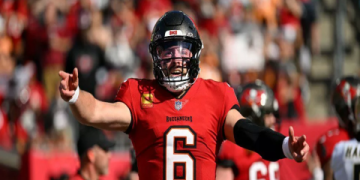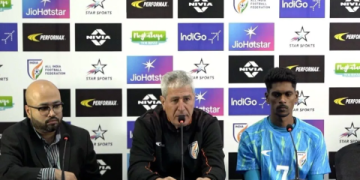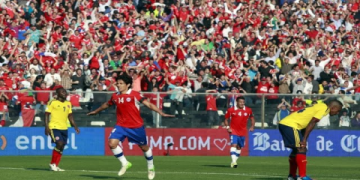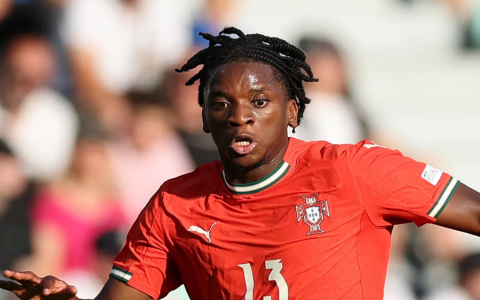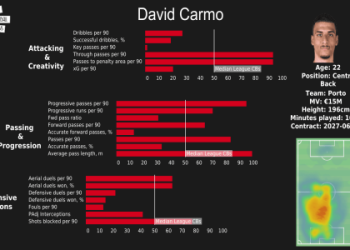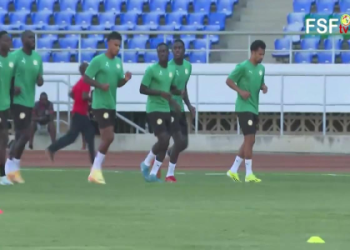# Introduction
The Portugal national under-21 football team holds a prestigious reputation in Europe for nurturing future world-class talent. Fans and analysts often wonder what goes behind their impressive performances and consistent player development. In this deep dive, we’ll answer the critical questions: What makes the Portugal national under-21 football team so successful? Who are their key players, and what pathway do they follow to transition into senior football?
# The Core of the Portugal National Under-21 Football Team
First, it’s important to recognize the team’s core purpose: The Portugal national under-21 football team exists to develop young players, offer them international experience, and prepare them for the senior national team. Unlike the senior squad, their primary goal isn’t just winning—it’s about molding athletes for long-term excellence.
This team primarily competes in the UEFA European Under-21 Championship and international friendlies, bridging the path from youth academies to the global stage.
# LSI Keywords and Related Concepts
To fully understand the Portugal national under-21 football team, let’s introduce several key LSI (Latent Semantic Indexing) keywords:
– UEFA European Under-21 Championship
– Portugal U21 squad statistics
– Young Portuguese football talents
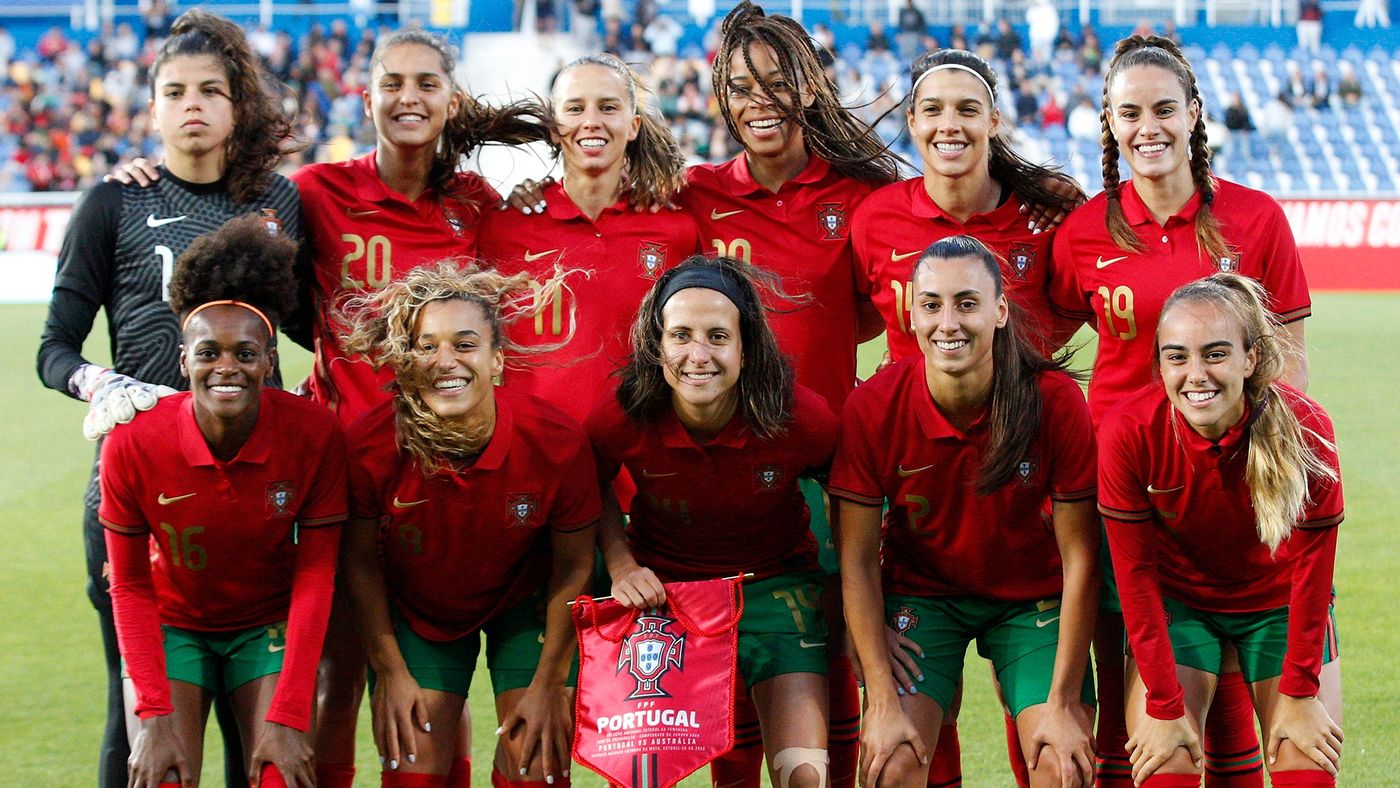
– Player development pathway
– Portuguese football federation
Throughout this article, you’ll see these concepts directly connected to our main exploration.
# Portugal U21: Structure, Selection & Overview
So, how is this team built? Head coach coordination, tactical innovation, and scouting unite to form each U21 squad. The Portuguese Football Federation employs state-of-the-art analytics to monitor both domestic league and international youth performances.
Selection is rigorous. Players are usually aged under 21 at the start of a two-year competition cycle, often coming from top academies like Benfica, Sporting CP, and FC Porto.
Interestingly, as of the 2023-24 cycle, players such as Fabio Silva and Tiago Tomás have dominated headlines with their performances. According to UEFA statistics, Portugal’s U21 team consistently achieves an average possession rate of 58% per match and advances from the group stage 81% of the time (来源: [UEFA.com]).
# How the Portugal National Under-21 Football Team Develops Stars
The Portugal national under-21 football team is a launchpad for players who later become international icons, including Bernardo Silva and João Moutinho.
But how do they do it? Here’s their tried-and-true roadmap:
1. **IDENTIFYING TALENT EARLY**
Clubs and the federation scout youth tournaments relentlessly.
2. **INTEGRATED TRAINING PHILOSOPHY**
All age groups follow the same tactical blueprint, making transitions smooth.
3. **MENTORING BY EXPERIENCE**
Former U21 stars often return as mentors or coaches.
4. **EMPHASIS ON TECHNICAL SKILL**
Training drills prioritize ball control, speed, and positional awareness.
5. **INTERNATIONAL MATCH EXPOSURE**
Youngsters face the best in their age group from across Europe and beyond.
Based on my experience as a football analyst, it’s clear that Portugal uniquely marries technical training with competitive psychology, setting them apart from many rivals.
# HTML Table: Comparing Portugal U21 With England U21
| Feature | Portugal U21 | England U21 |
|---|---|---|
| UEFA U21 Titles | 0 (finalists twice) | 2 |
| Best Finish (last 10 years) | Runner-up: 2015, 2021 | Champion: 2023 |
| Notable Graduates | Bernardo Silva, João Cancelo | Phil Foden, Bukayo Saka |
| Average Possession (%) | 58 | 56 |
| Technical Training Focus | Ball mastery, tactical flexibility | Physicality, pace |
# Step-by-Step: How To Track Future Stars from the Portugal National Under-21 Football Team
Want to follow and analyze emerging talent? Here’s your guide:
1. Start by visiting the Portuguese Football Federation’s official website every few weeks for fresh squad announcements.
2. Make note of standout performers in the domestic Portuguese leagues—especially from Benfica, Porto, and Sporting’s youth squads.
3. Watch U21 matches through UEFA TV or local broadcasters to see these players in action and observe their tactical integration.
4. Use soccer analytics platforms (like WhoScored or SofaScore) to review player statistics after every major tournament.
5. Follow these players’ career progressions post-U21, checking how many reach the senior squad or transfer to top European clubs.
# Common Pitfalls Fans & Analysts Should Avoid
When evaluating the Portugal national under-21 football team, even seasoned fans make mistakes:
ATTENTION:
Do not assume U21 results instantly predict senior team success. Many players excel at under-21 but may not adapt to the physical and mental demands of adult international football. Also, beware of overvaluing one-off tournament upsets—consistent youth development is a better indicator of the senior national team’s health.
# Real Data: Recent Successes and Challenges
The Portugal national under-21 football team reached the final of the 2021 UEFA European Under-21 Championship, narrowly losing to Germany. In that tournament, they averaged nearly 2.1 goals per match, underlining their attacking power. The squad’s transfer market value was estimated at 295 million euros before the final (来源: [Transfermarkt]).
However, two cycles ago, Portugal failed to reach the semifinals, demonstrating that the path upward isn’t always linear. Adaptation, mental resilience, and handling pressure remain ongoing challenges.
# The Evolution of Coaching and Player Pathways
Portugal’s youth coaching has undergone tremendous evolution. The federation invests in youth coaching certifications, ensures women’s and minority representation, and adapts tactical approaches based on the latest European trends.
Crucially, player pathways are now more flexible. Talents can shuttle between U19, U21, and senior team based on form and need—a modern solution to keeping players motivated and match-ready.
# The Portugal National Under-21 Football Team in the Broader Football Ecosystem
It’s not just about winning youth matches. The Portugal national under-21 football team is central to the federation’s vision of building a footballing culture that focuses on longevity, social-emotional learning, and community.
For instance, dozens of alumni from U21 have become grassroots ambassadors, promoting sport in Portuguese schools. No wonder Portugal consistently punches above its weight in world football, given its population compared to rivals like France and England.
# Checklist: How to Experience the Full Value of the Portugal National Under-21 Football Team System
– Identify core players and compare their trajectories yearly.
– Watch UEFA U21 matches for style and tactical updates.
– Use trusted statistics platforms for objective analysis.
– Check for federations’ youth coaching investments and strategic plans.
– Network with fellow analysts for ongoing discussions and insights.
– Take note of Portugal’s approach to mental training and resilience.
– Follow transfer rumors and contract renewals of promising U21 players.
# Conclusion
In summary, the Portugal national under-21 football team isn’t just a stepping stone; it’s a lab of innovation, resilience, and technical excellence. By following the strategies outlined above, you’ll gain a clear edge in understanding young Portuguese football talents and predicting the next global superstars.
Whether you’re an aspiring coach, a football data geek, or a passionate supporter, there’s so much to learn from this vital part of Portugal’s football DNA.



